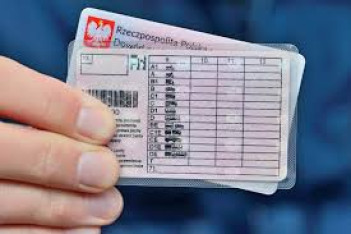Optimising transport company costs
The Polish transport services market is one of the most dynamic in Europe. Competition is fierce, so optimising transport company costs is a matter of survival. For carriers operating in Poland, it is important not only to save money, but also to do so legally, systematically and without the risk of tax penalties. That is why the role of a lawyer in the cost optimisation process is key — they help to develop a strategy that combines business efficiency and compliance with legislation.
Stages of the cost optimisation process
The process of reducing the costs of a transport company involves a series of steps, each of which has practical and legal significance:
- Financial audit of the company — analysis of financial statements, fuel costs, repairs, insurance and other operating items.
- Assessment of legal risks — review of contracts with counterparties, drivers and suppliers to avoid hidden financial obligations.
- Identification of inefficient expenses – identification of areas where funds are spent without real return.
- Development of an optimisation plan – formation of a cost reduction strategy taking into account legal, tax and operational aspects.
- Legal support for implementation – verification of documents, contracts and internal policies during the implementation of changes.
- Monitoring results – evaluating the effect of optimisation and making adjustments for stable economic results.
A systematic approach, backed by legal support, allows you to reduce costs without the risk of fines or conflicts with regulatory authorities.
Legal aspects of optimisation
Optimising the costs of a transport company is impossible without a clear legal framework. A lawyer helps entrepreneurs to cut costs competently: update employment contracts with drivers, review transport rental terms, check licences and permits, and organise accounting reports in accordance with the requirements of Polish tax law.
In addition, it is important to implement internal policies — for example, fuel expense regulations, fleet maintenance standards, or rules for interacting with contractors. This allows the company to operate strictly within the law while maintaining its finances and competitive advantage.
Key areas for cost reduction
There are several proven ways for transport companies to reduce costs without compromising on quality:
- Logistics optimisation — using modern routing and GPS monitoring systems.
- Improving personnel policy – introducing flexible schedules, digital time logs, and transparent contracts with drivers.
- Reviewing the contractual base – legally updating contracts with partners and insurers.
- Reducing the tax burden – legal optimisation through the correct choice of taxation form.
- Automating financial processes – digital solutions for cost control and timely reporting.
- Consultations with lawyers and auditors – periodic legal audits help identify new opportunities for savings.
The combination of strategic analysis, legal support, and technological tools makes it possible to reduce costs without compromising the stability of the company.
ConclusionOptimising the costs of a transport company is a strategic process that requires an analytical approach and professional legal control. Engaging a specialist allows you to reduce the financial burden and create a cost management system that complies with Polish law. It is legally sound optimisation that guarantees the development, stability and competitiveness of the transport business in Poland.






































